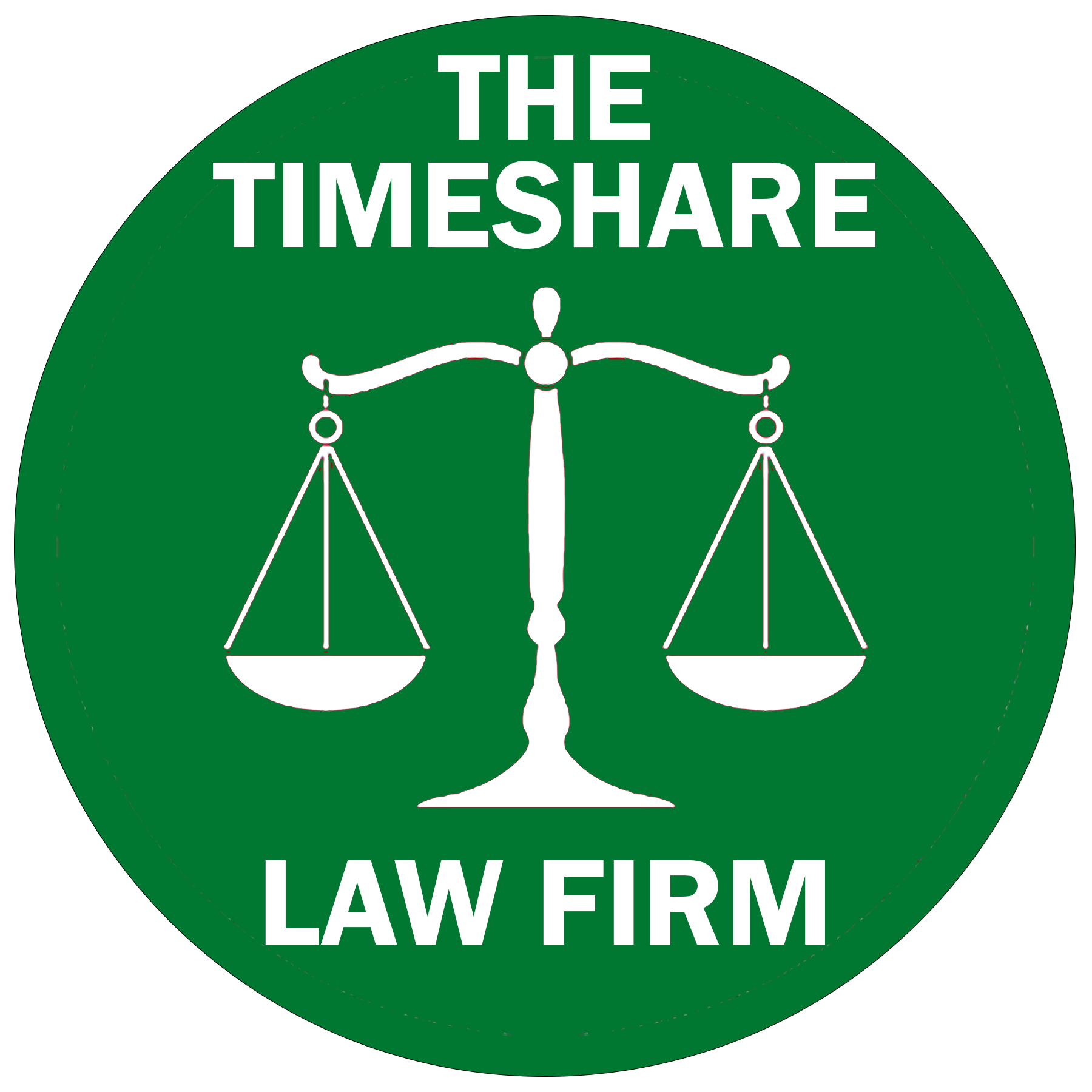With families feeling the vacation itch, timeshare buying season is just around the corner. Resorts know the best way to entice prospective timeshare buyers into pulling the vacation ownership trigger is to catch them on holiday, when the effects of sun and sand have made everyone’s wallets a little looser.
Offering incentives like free tours, car rentals, mini vacations, and extended stays, timeshare salespeople aim to get you in the door of a sales presentation, where a carefully orchestrated pitch ensures the majority of those attending presentations result in the signing of a timeshare contract. Unfortunately for consumers, most timeshare contracts function as an inescapable lifelong (and inheritable) burden with ever-increasing maintenance fees.
A while back, Gretchen Morgenson from The New York Times published an article, “The Timeshare Hard Sell Comes Roaring Back,” highlighting how the tactics of timeshare salespeople have returned to high-pressure sales in an effort to re-profitize the timeshare industry that crashed in the financial collapse. Morgenson states that timeshare sales have increased about 25% since 2010, and continue to rise, even though more and more consumers are dissatisfied with their timeshare purchase.
Timeshare presentations are performed like a theatrical play with a cast of salesperson characters, each one designed to play a specific part. Knowing and understanding how these sales pitches work can save you from an impulse buy that you will likely regret.
Initially, one person will play the part of “The Baiter” inviting you to a short 90-minute timeshare presentation or, as some call it, a “resort tour,” in exchange for free gift incentives. The next character is “The Transporter” who often picks you up from your hotel and transports you to the presentation site in a luxury vehicle. Upon arrival, you will meet “The Greeter,” whose job is to make you feel welcome and comfortable while they take your personal information. Based on this personal information (and your credit card limit and status), the Greeter will assign you to a “Tour Guide” who will walk you through the resort and show you a “sample room” (often this is the nicest, most luxurious room in the resort). The Tour Guide will ask several questions to determine what you enjoy in a vacation, so they can cater their sales to your particular wants or desires. Once the Tour Guide leads you back to the presentation location, they will either attempt to close the deal or transfer you to a “Manager” who can offer special discounts and incentives if you appear hesitant to make the purchase. Once the Manager has offered several sales options to fit your needs, you are then transferred to a “Verification Loan Officer.” The Verification Loan Officer is the person who will close the deal by offering you financing in the form of a mortgage (or sometimes a credit card with outrageous fees), and obtaining your signature on the timeshare contract.
The reality is that the timeshare presentation never only takes 90 minutes, but often runs for 4-6 hours, sometimes without any breaks. Consumers are often hungry and tired and want to escape. Consumers that decline the timeshare sale are often left stranded at the presentation—waiting indefinitely for the luxury car that dropped them off. Only once a consumer has signed on the dotted line does the car quickly arrive to return him to his hotel. Many consumers sign the timeshare contract without ever reading it just so they can return to their hotels. Timeshare salespeople will often verbalize what is contained in the timeshare contract, so consumers feel as though they do not need to read the fine print, yet most contracts include a clause stating that no oral representations were relied on for the purchase of the timeshare, thus allowing a salesperson to make whatever false promises he wants.
As you and your family plan your vacations, be cautious of the hard timeshare sale. Identify the methods salespeople use so that you can make your own informed decision whether or not to purchase a timeshare based on its merits, rather than its sales presentation. If you believe timeshare ownership is for you, consider purchasing your timeshare on eBay or another secondary market where timeshares are often sold for $1—you will be responsible for maintenance fees and special assessments, but at least you will not be subject to a mortgage.
If, on the other hand, you have succumbed to the timeshare hard sale, you may have a legal remedy. If your purchase was made under duress and filled with empty promises by the timeshare company, you may be able to escape the burden of an unwanted timeshare by divestment or litigation. Contact The Abrams Firm at (360) 918-8196 for a free consultation with a licensed consumer rights attorney. We will discuss the remedies available to your specific case, so you can make an informed decision as to what is the right strategy—divestment or litigation—for you. The consultation is 100% free and we are the only company to never charge any upfront fees for divestment. We are Consumer Protection Attorneys dedicated to fighting for Consumers.
– Bebe B., Associate, The Abrams Firm
Answering all the Needs of Timeshare Owners that have been identified by Consumer Protectorates, including Government Regulators from the FTC, Attorney General Offices and Justice Departments.
The Contents of this website, TCPAA.org, and any linked websites, may involve work product of Consumer Attorneys, but nothing shall constitute legal representation nor any legal advisement, and all such content is purely informational.


Comments are closed